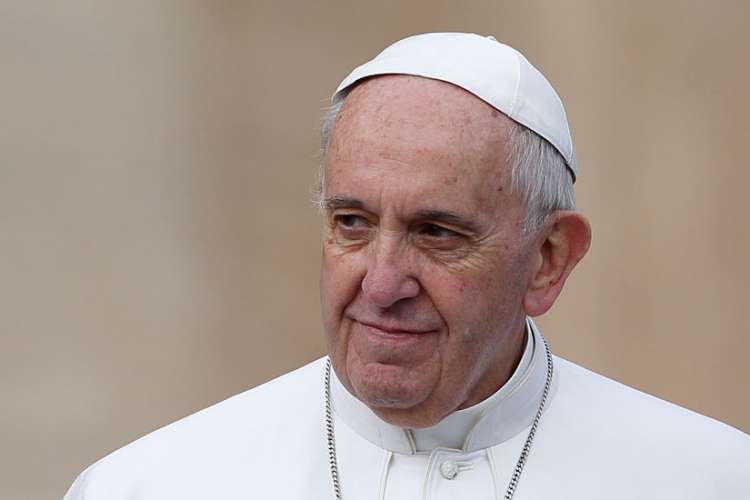The Pope took as the central focus of his reflection the Gospel passage of the day – from the Gospel according to St. Mark (12:1-12), in which Jesus addresses the Priests, Scribes and Pharisees with the parable of the murderous tenant-farmers. Against the landowner who planted a well-organized vineyard and entrusted them with its care, the tenants decided to revolt, insulting, beating and killing first the servants the master sent to reclaim the land and collect his due, and then, at the climax of the drama, murdering the only son of the owner – wrongly believing that such an act could earn them a right to inherit the owner’s substance.
Casuistry and freedom
The killing of the master’s servants and of the master’s own son – a Biblical image of the prophets and of Christ Himself – shows a people closed in on itself, one not open to the promises of God, a people that does not await the fulfilment of God’s promises: a people without memory, without prophecy and without hope. The leaders of the people, in particular, are interested in erecting a wall of laws, a “closed juridical system”, and nothing else:
“Memory is no concern: as for prophecy, it were better that no prophets come; and hope? But everyone will see it. This is the system through which they legitimate: the lawyers, theologians who always go the way of casuistry and do not allow the freedom of the Holy Spirit; they do not recognize God’s gift, the gift of the Spirit; and they cage the Spirit, because they do not allow prophecy in hope.”
This is the religious system to which Jesus speaks: “A system – as the First Reading says – of corruption, worldliness and concupiscence,’ so St. Peter says in the First Reading.”
Memory makes us free
Pope Francis went on to say that, at bottom, “Jesus was Himself tempted to lose the memory of His own mission, to not give way to prophecy and to prefer security instead of Hope,” i.e. the essence of the three temptations suffered in the desert. Therefore, Pope Francis said:
"To this people Jesus, because he knew temptation in Himself, reproaches: ‘You traverse half the world to have one proselyte, and when you find him, you make him a slave.’ This people thus organized, this Church so organized, makes slaves – and so it is understandable how Paul reacts when he speaks of slavery to the law and of the liberty that grace gives: a people is free, a Church is free, when it has memory, when it makes room for prophets, when it does not lose hope.”
An open heart, or a heart in a cage?
The Holy Father stressed that the well-organized vineyard is in fact “the image of the People of God, the image of the Church and also the image of our soul,” for which the Father always cares “with so much love and tenderness.” To rebel against Him is, as it was for the murderous tenants, “to lose the memory of the gift” received from God, while, “in order to remember and not make mistakes on the way,” it is important “always to return to the roots”:
“Do I have the memory of the wonders that the Lord has wrought in my life? Can I remember the gifts of the Lord? I am able to open my heart to the prophets, i.e. to him, who says to me, ‘this isn’t working, you have to go beyond: go ahead, take a risk’? This is what prophets do: am I open to that, or am I afraid, and do I prefer to close myself within the cage of the law? Finally: do I have hope in God’s promises, such as had our father Abraham, who left his home without knowing where he was going, only because he hoped in God? It will do us well to ask ourselves these three questions.”


